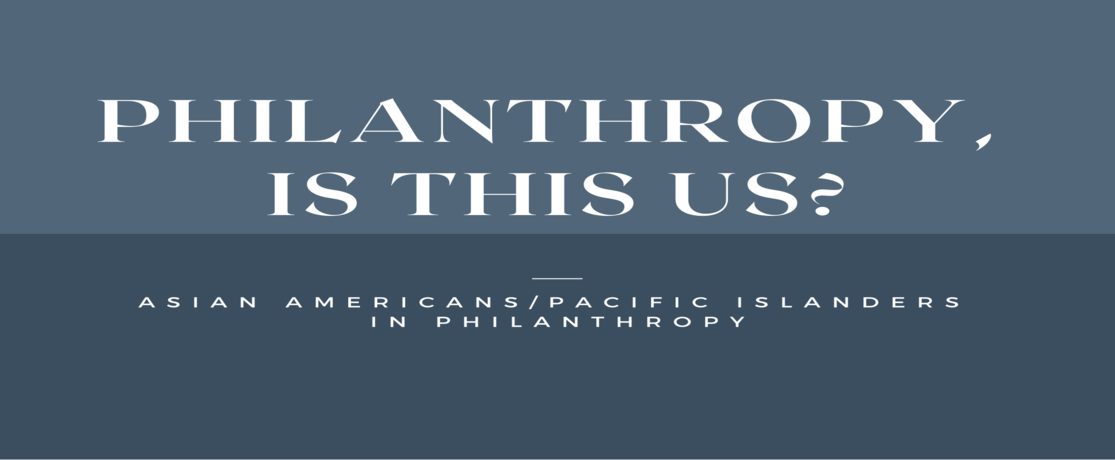Watching a nationally coordinated mob of white supremacists violently storm the Capitol just days into 2021 hardly warrants a cheery “Happy New Year!”. This event shocked but did not surprise us due to the growing agitation stirred by a would-be-dictator but soon-to-be-ex-president. Some, reeling in disbelief, defensively proclaim, “This is not America!” But in truth, this was an entitled, brazen display of white supremacy to forcibly and publicly invalidate the votes of communities of color and punish those that would support multiracial democracy. Sadly, “This is America.”
This white supremacist attack fits a long-standing pattern of hate-based, fear-inspired voter intimidation and violence. Where once localized and individualized, hidden sometimes behind hoods and under the cloak of darkness, this attack was unmasked, elevated, legitimized, and televised at the national and global level, openly sanctioned by the world’s most powerful position – the President of the United States, aided by a set of lawmakers to deny votes largely on the basis of race.
Fear tactics employed by white supremacists against people of color for centuries, now directed against this nation’s lawmakers, was a personalized wake up call for the “intellectual elite” – from the halls of Congress to the ivory towers of philanthropy. Yet, for communities of color, this was not an aberration but rather another relentless act of violence compounded over generations to disenfranchise and dehumanize. Regardless of race, ethnicity, gender identity, sexual orientation, or position in society, the accelerated strength of white nationalists under this administration is the most dangerous threat to democracy in this nation and beyond.
Yet through it all, the light of democracy has not been extinguished. Despite (or even perhaps due to) the history of racialized violence, democracy was advanced, time after time, by those who were excluded from it. On the eve of Martin Luther King Jr. Day, let’s remember that African Americans, often paying with their very lives, have been at the forefront of truth telling and lifting this nation to its higher calling as a shining beacon the world over, and in so doing, allowing us ALL to reap the benefits. Democracy should be protected in the halls of Congress, but its true power emanates from generations of struggles by people of color, women, and LGBTQ people to claim full humanity for all rather than the few. The momentous markers of a Black man as President, the soon-to-be first woman of color Vice-President, and the historic victory of the first Black Senator in Georgia are all gained through centuries of struggle born from love and courage and a rejection of fear and hate. Democracy rises from this nation’s darkest moments.
So, philanthropy – what now? How do we uphold our namesake, the “love of humanity”? Martin Luther King Jr. once said, “Philanthropy is commendable, but it must not cause the philanthropist to overlook the circumstances of economic injustice which make philanthropy necessary.” Does philanthropy stand on the sidelines, simply shake our heads, and say, “This is not America!”? Or does philanthropy open its eyes and recognize how much work we need to do to build the America we want to live in?
Adding to the many statements or calls to action, some from philanthropy, here are a few additional suggestions beyond the ones you already know (or have forgotten – like general operating support for people of color led grassroots organizing):
- Check in with staff – all of them. Hear their voices. Truly listen to understand.
- Use your bully pulpit to amplify the voices of those most impacted by racism and back them with the flow of dollars. Not sure where to begin? Check out the work of CHANGE Philanthropy partners, who are all connected to their communities and the work of frontline organizers.
- Screen out hate-based groups. Here is a growing list from Southern Poverty Law Center. Words and actions truly matter and can get people killed.
- (Re)Learn history that puts it all in perspective: https://aatimeline.com/.
This is a defining moment. Philanthropy can help shape our collective anti-racist future. Philanthropy can and must help democracy survive and thrive in the United States.

